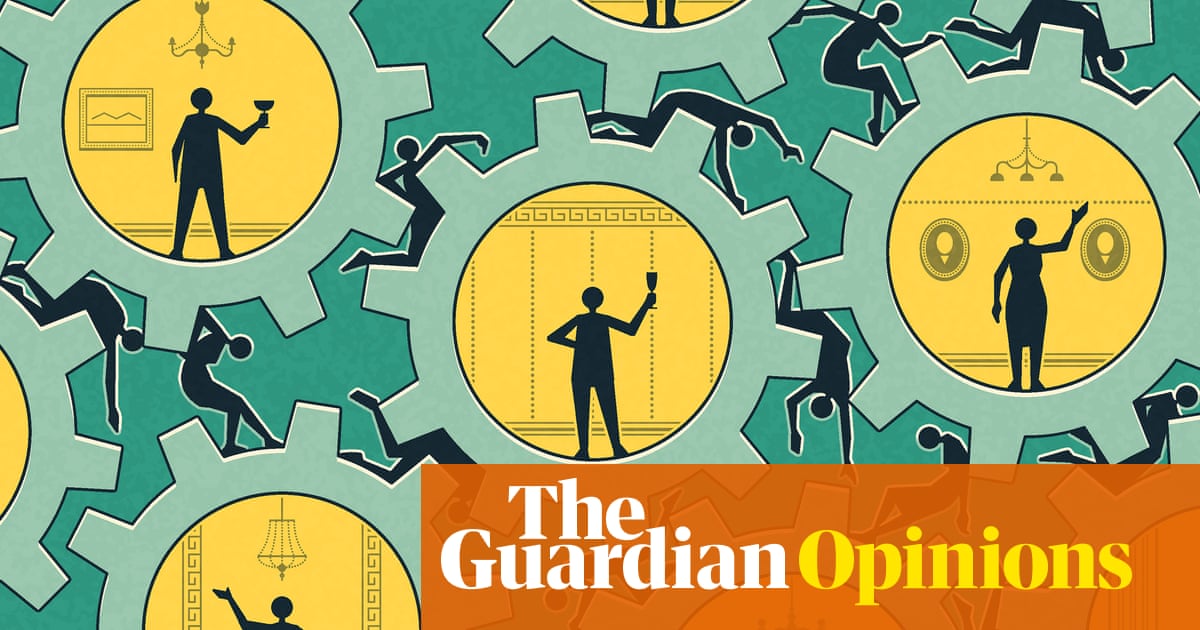
"As the wealth gap widens, the super-rich, such as the Hinduja family, accumulate extreme wealth that perpetuates inequality, with policymakers seemingly inactive on solutions."
"Wealth begets wealth, allowing those who already have assets to generate returns far beyond those obtained through work, leading to entrenched inequality."
"The wealth accumulation seen today is largely passive, benefiting the already wealthy while governments, despite claiming to help workers, overlook significant wealth disparities."
"Campaigners advocate for an extreme wealth line to help address the growing inequalities that arise from unchecked wealth accumulation by the wealthy."
The Hinduja family tops Britain's rich list, but their wealth decline from £37.2bn to £35.3bn masks a deeper issue of extreme wealth inequality. The average wealth required for inclusion in such lists has ballooned from 6,000 to over 18,000 times the average UK wealth since 1989. The article points out that increased wealth accumulation, driven by passive returns on investments rather than earned income, highlights the inadequacies of government policies meant to address inequality. It introduces the idea of an extreme wealth line to curb the excesses of this inequality.
Read at www.theguardian.com
Unable to calculate read time
Collection
[
|
...
]